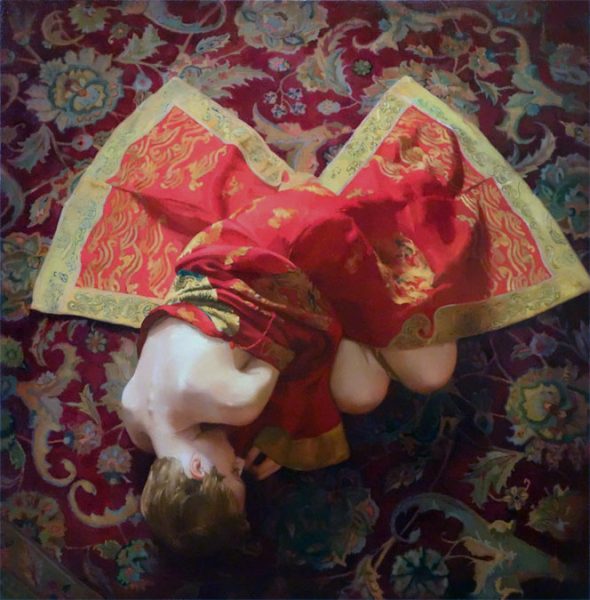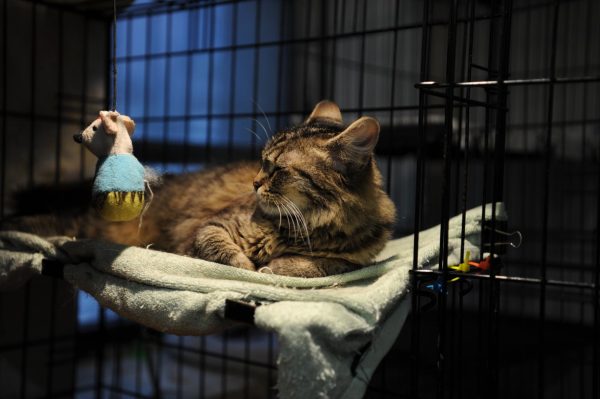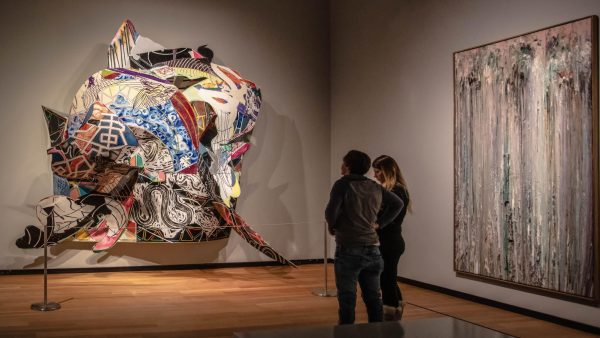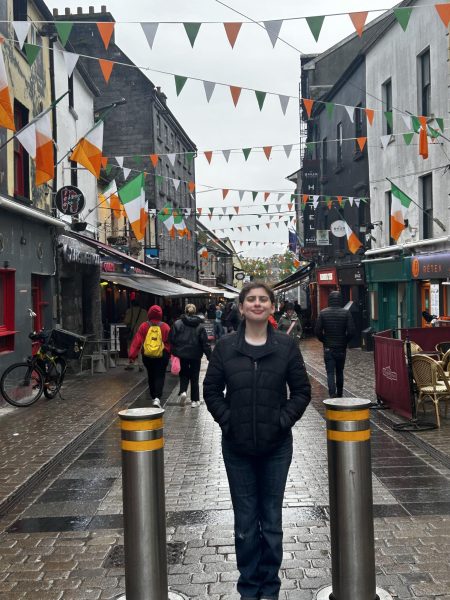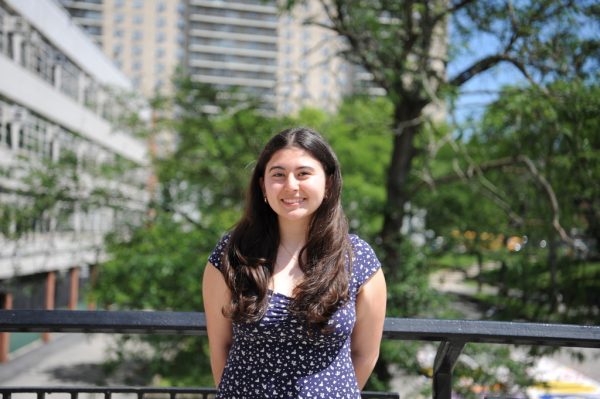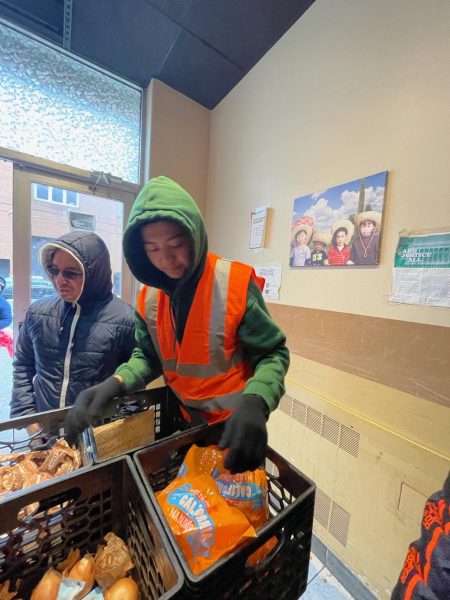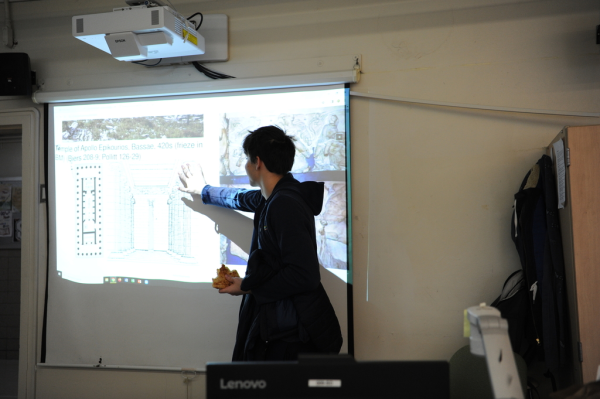Alice Tsui: A Teacher, Activist, and Leader in the #StopAsianHate Movement
Last month, I had the opportunity to speak with Alice Tsui, a leading activist in the #StopAsianHate Movement. In our conversation, Tsui addressed the alarming rise in anti-Asian hate incidents and emphasized the importance of instigating more conversations about race and racism within our communities and our classrooms.
“I believe that my voice has power, and that all of our individual voices and stories are powerful within our collective community as Asian Americans,” Alice Tsui said.
On May 2nd, 2021, two Asian women were attacked while walking down the streets of Hell’s Kitchen in Manhattan. One was hit on the head by a hammer and rushed to the hospital in severe condition. Across the city on that same day, a man snuck up behind a 22-year-old Asian man at the Queens Plaza subway station and punched him in the back and chest before escaping the scene.
The day before, there were reports of two other anti-Asian hate crimes — one against a 52-year-old woman who was pushed while waiting for the subway in Brooklyn and another against a 15-year-old boy who was verbally and physically assaulted by three assailants. Both suffered from minor injuries.
This is four anti-Asian hate incidents over the course of a weekend. Four.
According to a study conducted by The Center for the Study of Hate and Extremism at California State University, from 2019 to 2020 alone, hate crimes targeting Asian-Americans have increased by nearly 150%. Another study from the university reports that there has been a 194% surge in anti‐Asian hate crimes over the first quarter of 2021 compared to the same period in 2020. The most alarming spike took place in New York City, where the number of hate crimes reported in the first quarter of the year rose from 13 in 2020 to 47 in 2021 — marking a 262% increase.
And it does not end there. Stop AAPI Hate, a non-profit organization based in San Francisco, revealed that between February 2021 to March 2021, there have been 6,603 self-reported incidents of racism and prejudice. This means that in merely a month, the amount of anti-Asian hate incidents skyrocketed by 74% compared to the 3,795 incidents reported in the past year, between March 2020 and February 2021.
In light of the alarming rise of anti-Asian hate crimes over the past year, many have had enough. From speaking at rallies to creating non-profit organizations to raising awareness through social media campaigns, Asian-Americans everywhere are standing up and taking action to combat the racism, violence, and prejudice they face every day.
“Another fourth grader this week asked me if my parents are vaccinated. and I said, ‘yes, they are,’ but I am so scared for them to go outside, so I tell them to stay home as much as possible for their safety, just because they’re Asian. These are a few of the many necessary conversations on race and racism that must occur in all schools,” said activist and music teacher Alice Tsui whilst delivering a powerful speech to hundreds in a recent New York City rally against AAPI hate (AAPI stands for ‘Asian Americans and Pacific Islanders’).
As an Asian-American teacher in P.S. 532 – an elementary school in Crown Heights, Brooklyn that serves predominantly Black, Brown, and Latinx populations – Tsui emphasizes the importance of educating students about race and racism and instigating more conversations about these topics in the classroom. “Combatting anti-Asian hate begins with actively being anti-racist and empowering students and community members to speak about race and racism,” she told me. “For me, combating anti-Asian racism and dismantling white supremacy occurs daily in my classroom.”
Tsui’s activist work began in 2016, a devastating year in which nearly 260 Black people — Delrawn Small, Alton Sterling, and Philando Castile, to name a few — died at the hands of police officers in the United States. “[A]fter more senseless murders of Black people in America in the Summer of 2016, I saw how it greatly affected my students and families in our school. I started rethinking how I taught music education so that it could be truly empowering and also speak directly to Black Lives Matter,” she said. “This started with the song ‘Powerful,’ which I taught to all my students PK-5th and affirmed us all with the lyric ‘I matter, you matter, we matter’; I end every music class that I teach now with my students saying this affirmation together – with and for each other. This work is ongoing, and I believe [that] through music education, students can be empowered to create and also speak, sing, or play music that directly responds to our world’s inequities.”
Tsui notes that while social media and activism can certainly be draining, she continues to see her work as necessary. “Raising awareness and taking action against anti-Asian hate and racism is critical in order for accomplices and co-conspirators to better understand our histories, lives, and daily negotiations with racism that we face. The anti-Asian racism showcased on the news is only some of what is happening, and it is my hope that we move past the hate and strive towards greater understanding not only of our past as an AAPI community, but also together working in solidarity with fellow communities of color. The work must continue in our schools, our communities, and truly everywhere,” she explained.
“I encourage students to create brave spaces for courageous discussions on race and racism with themselves, alongside trusted teachers who are accomplices and co-conspirators who will truly commit to this necessary anti-racist work, to speak out when incidents of anti-Asian hate occurs,” she continued. She also calls on students to involve themselves with community organizations and either join or create cross-racial coalitions where they can “work collectively to not only stop AAPI hate but also fight for Black Lives Matter, for Indigenous people, for Palestine, and so forth.”
As part of her activist work, Tsui has written two letters addressed to educators, legislators, and all stakeholders in education, urging them to “critically rethink, develop, and expand Ethnic Studies within American Studies in our K-12 schools,” “acknowledge and teach Asian American history, lives, and arts,” “create spaces for AAPI educators and children to feel, process, and heal without the burden of educating others on their trauma,” and “empower classmates and colleagues of AAPI community members to learn and speak against anti-Asian racism.” She encourages us to help spread the word and send these letters to principals, teachers, administrators, and school board members throughout the nation.
When asked what message that she hopes to convey to the Asian community amid these dark times, Tsui said, “I want to remind us all that we are GOLDEN, that we are worthy, and that we matter. We can continue to amplify our joy, affirm ourselves and our identities, and be proud of who we are. We cannot let white supremacy or dominant culture write our narratives. We have the power to write and to share our own narratives of pain, hope, love, and joy.”
Click HERE to read her AAPI Letter and HERE to read her Ethnic Studies Letter.
Click HERE to learn more about Alice and her activism efforts.
“Raising awareness and taking action against anti-Asian hate and racism is critical in order for accomplices and co-conspirators to better understand our histories, lives, and daily negotiations with racism that we face,” said activist and music teacher Alice Tsui.
Kaitlyn Chan is a Managing Editor/Advisory Editor for 'The Science Survey.' She values the art of writing as an expression of her creativity and individuality....


